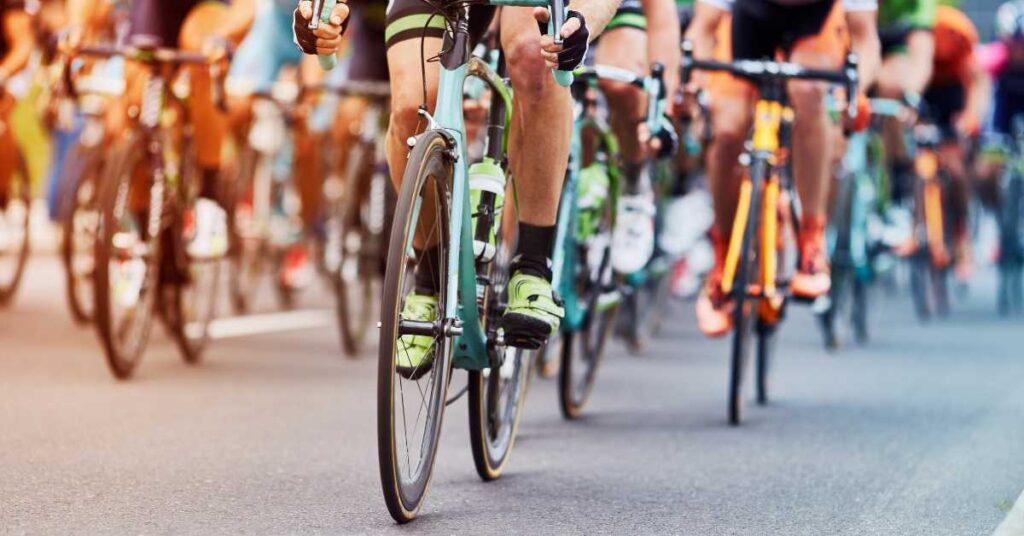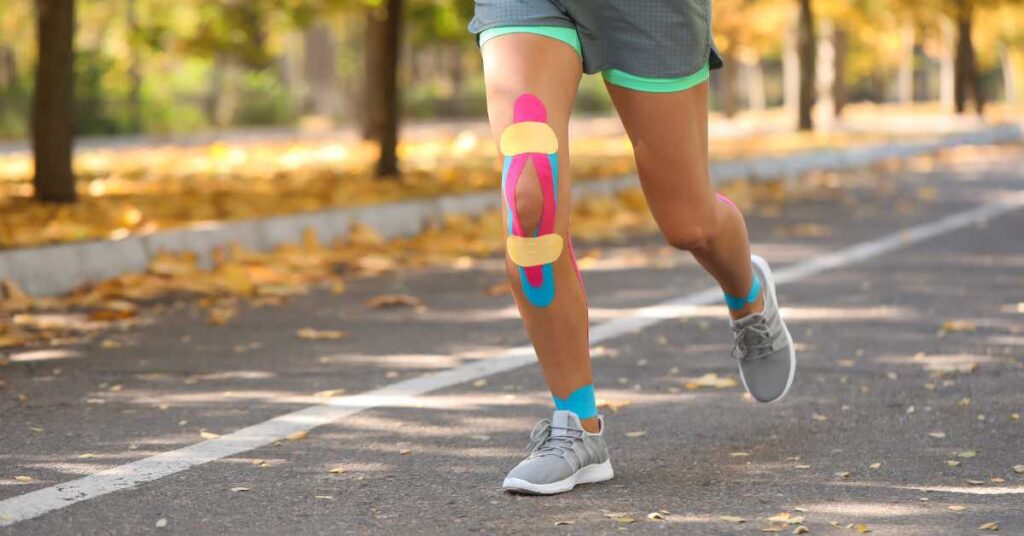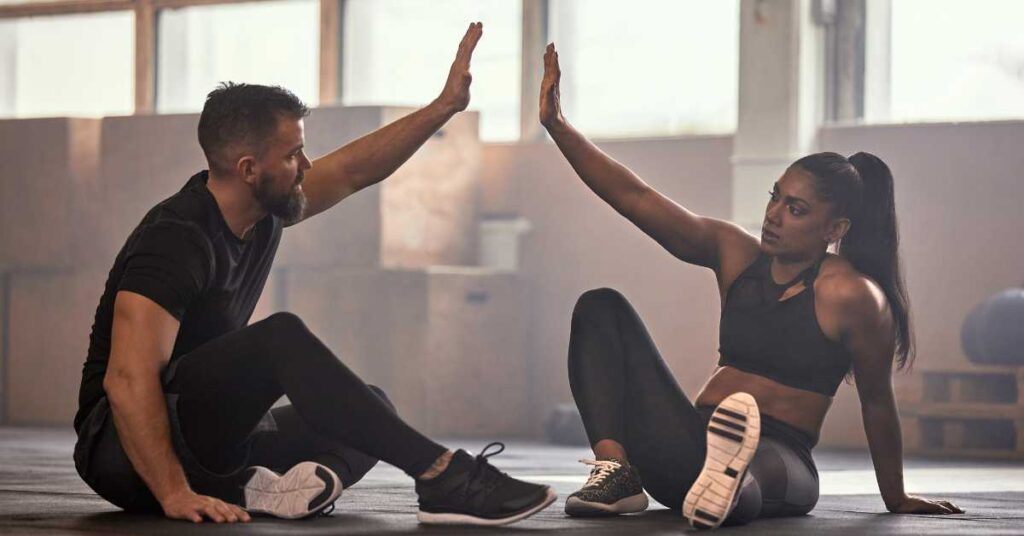As an athlete, you know the importance of staying properly hydrated to perform at your best. Hydration plays a critical role in maintaining body temperature, lubricating joints, delivering nutrients to muscles, and supporting overall athletic performance. In this article, we will explore effective hydration strategies specifically tailored for athletes, ensuring you can stay hydrated and excel in your chosen sport.
Introduction
Hydration is not just about quenching your thirst—it’s about maintaining optimal fluid balance to support your body’s functions during physical activity. Proper hydration enhances endurance, power, and cognitive function, while inadequate hydration can lead to fatigue, reduced performance, and potential health risks.
Understanding the Importance of Hydration for Athletes
The Impact of Dehydration on Performance
Dehydration can have a profound impact on athletic performance. Even mild dehydration, as little as 2% loss of body weight, can impair cognitive function, increase perceived exertion, and decrease endurance.
Optimal Hydration for Peak Performance
Optimal hydration involves both maintaining fluid balance and replenishing electrolytes lost through sweat. It is not just about drinking water but also considering the timing and composition of fluids consumed.
Hydration Guidelines for Athletes
Assessing Hydration Status
Monitoring your hydration status is crucial. Urine color, body weight changes, and thirst perception can provide valuable indicators. Light-colored urine and minimal body weight changes are signs of adequate hydration.
Pre-Exercise Hydration
Preparation is key. Start your workout well-hydrated by consuming fluids in the hours leading up to exercise. Aim for around 400-600 milliliters (14-20 ounces) of fluid 2-3 hours before exercise.
During Exercise Hydration
During exercise, aim to drink fluids at regular intervals to maintain hydration. The American College of Sports Medicine recommends consuming about 120-240 milliliters (4-8 ounces) every 15-20 minutes, or adjust based on individual needs and environmental conditions.
Post-Exercise Hydration
Rehydrate after exercise to replenish fluid losses. Consume fluids within 30 minutes to optimize recovery. Aim for 1.5 times the fluid deficit (calculated by weighing yourself before and after exercise) to adequately rehydrate.
Choosing the Right Fluids
Water: The Ultimate Hydration Source
Water is the go-to option for most athletes, especially during shorter-duration exercises or when sweat losses are minimal. It is readily available, refreshing, and essential for maintaining fluid balance.
Sports Drinks: Electrolyte Replenishment and Performance Boost
Sports drinks can be beneficial for longer-duration or intense activities, as they provide not only fluids but also replenish electrolytes like sodium and potassium lost through sweat. They can help maintain performance and delay fatigue.
Other Hydration Options
In addition to water and sports drinks, other options like coconut water, fruit juices, and flavored water can add variety to your hydration routine. Just be mindful of added sugars in some beverages.
Factors Affecting Hydration Needs
Exercise Duration and Intensity
The duration and intensity of your exercise influence your hydration needs. Longer and more intense workouts result in increased sweat losses, requiring more fluids for proper hydration.
Environmental Conditions
Hot and humid environments lead to more significant fluid losses through sweat. Adjust your fluid intake accordingly in these conditions, considering both temperature and humidity levels.
Individual Variations
Every individual is unique, and hydration needs can vary based on factors such as body size, metabolism, sweat rate, and acclimatization to specific conditions. Pay attention to your body’s signals and adjust accordingly.
Conclusion
Proper hydration is essential for athletes to perform at their best and maintain overall health. By following hydration guidelines, monitoring your fluid intake, and choosing appropriate fluids, you can optimize your athletic performance, endurance, and recovery.
Frequently Asked Questions (FAQs)
- What is the best way to determine my fluid needs during exercise?
- Monitoring your body weight changes before and after exercise can help estimate your fluid losses. Aim to replace 1.5 times the weight lost through fluids.
- Are there any signs of dehydration to watch out for during exercise?
- Signs of dehydration include excessive thirst, dry mouth, dark-colored urine, dizziness, fatigue, and decreased performance. Listen to your body and hydrate accordingly.
- Can overhydration be a concern for athletes?
- Yes, overhydration, known as hyponatremia, can be a risk, especially during prolonged exercise. It is essential to strike a balance and not consume excessive fluids.
- Are there any specific considerations for outdoor or cold-weather activities?
- In hot environments, increase your fluid intake and consider sports drinks to replenish electrolytes. In cold weather, you may not feel as thirsty, but fluid losses still occur, so stay diligent with hydration.
- What are some hydrating food options for athletes?
- Water-rich fruits and vegetables, such as watermelon, cucumbers, oranges, and strawberries, can contribute to your overall hydration. Incorporate them into your diet for added hydration benefits.
Remember, individual hydration needs can vary, so it’s crucial to listen to your body, assess your sweat losses, and adjust your fluid intake accordingly. Proper hydration is a simple yet powerful tool to enhance your athletic performance and ensure you perform at your peak.
Disclaimer: When it comes to sport nutrition, always seek professional guidance and advice from medical professionals, nutritionists and other relevant professionals who will be in a position to better address specific concerns or issues related to your individual situation. In no event shall we be liable for any direct, indirect, incidental, special, or consequential damages arising out of or in connection with your use of this website or the content provided herein.







